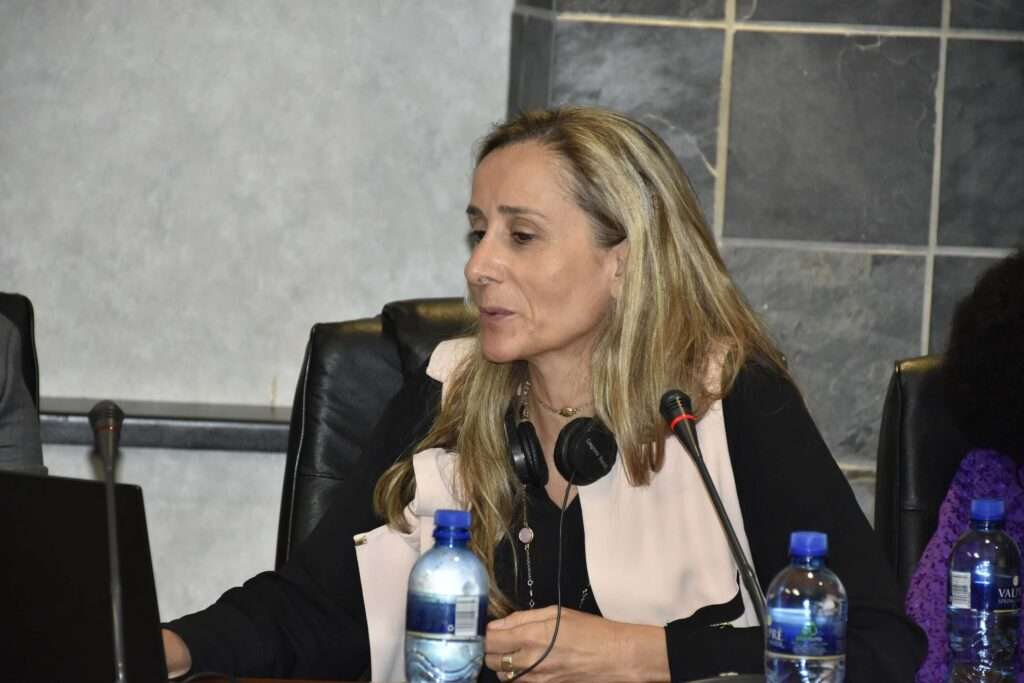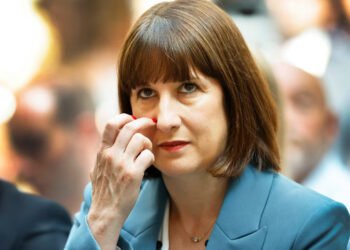In the fields of Lunda Norte, Angola, over 160 refugees are growing more than just crops – they are cultivating new lives filled with hope and independence.
Soon, another 110 refugees will join them, creating an even bigger impact. This project helps not only these refugees and their families but also other refugees and local communities by providing fresh produce and promoting economic growth.
Leading this inspiring initiative is Maman Antho, a former government worker from the Democratic Republic of the Congo (DRC).
She is now a symbol of female empowerment, showing how people can move from relying on international aid to becoming self-sufficient.
A Duty to Cultivate
Maman Antho’s story is one of transformation. She went from receiving food aid to leading an effort for agricultural independence.
Her journey highlights the importance of gender equality and the vital role women can play in their communities.
“We have a duty to cultivate the land so our kids can see their parents work to live,” said Maman Antho.
“We like taking kids here to show that our staple food comes from our work. We do not want to depend on humanitarian aid because we know one day it can stop. The times of emergency are over – now it is time for development.”
Maman Antho
Emmanuelle Mitte, the United Nations High Commissioner for Refugees (UNHCR) Representative in Angola, praised Maman Antho as “an example of how, with solidarity, the refugee community can bring dignity and autonomy to their families while supporting the country.”

According to her, Angola is a compassionate nation, and UNHCR works alongside the Government and people of Angola to protect those fleeing war and violence.
More Than Farming
On World Refugee Day, June 20, the resilience of these refugees will be celebrated. This day emphasizes the importance of unity and finding solutions for the integration of displaced people in Angola.
For Jean Bafolo, a father of three, this project means much more than just farming. It is a way to regain pride and self-esteem, allowing him to provide for his family with dignity and strength.
“I can proudly tell my children that this food comes from my work, from what I do with my hands. And one day, they will continue the work I am doing.”
Jean Bafolo
In the green fields of rice on a cloudy day, the smiles of the refugees show a new sense of purpose and community. According to them, “This project feeds not just their bodies but also their spirits, giving them resilience and independence.”
The effort to include refugees in food production in Lunda Norte started in 2019 with the UNHCR. Initially focused on growing vegetables, the project expanded in 2023 with help from the World Food Programme (WFP) to include rice and maize.
“Maman Antho and Jean Bafolo’s stories offer hope to many other refugees and show their resilience, ambition, and positive contributions to their host communities,” said José Ferrão, WFP Representative in Angola.
“WFP is committed to continuing its work with the Government of Angola and its partners to build a brighter future for both refugee and local communities and ensure future generations can thrive.”
José Ferrão
Angola is home to over 55,000 people who need international protection. In Lunda Norte, the Lóvua settlement hosts about 6,200 refugees, including the families of Maman Antho and Jean Bafolo.
This project is not just about growing food; it is about building a strong, empowered community that can stand on its own while positively contributing to its host nation.



















